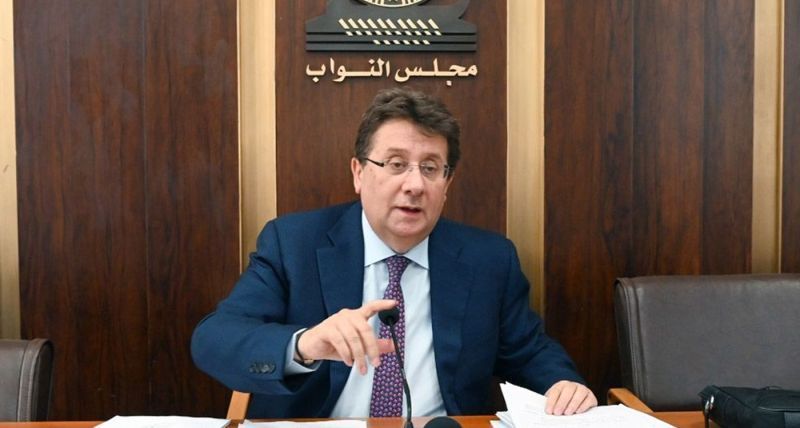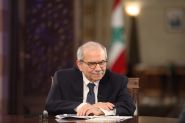
The parliamentary subcommittee tasked with banking reform held a pivotal session to examine Articles 5 and 6 of the draft law proposing the creation of an independent banking authority.
Two competing visions are at the center of the debate. The first, supported by Banque du Liban (BDL), calls for the establishment of a new, autonomous body separate from the current financial institutions. This authority would focus specifically on bank restructuring and liquidation, aiming to ensure independence from existing power structures.
The government, however, has presented a different approach: creating a unified authority that wields both disciplinary and decision-making powers. Critics warn this model could open the door to conflicts of interest, undermining efforts to restore trust in the sector.
Ibrahim Kanaan, the head of the Finance and Budget Committee, emphasized the strategic importance of the authority’s structure and powers. “We must ensure transparency and accountability if we are to rebuild confidence in Lebanon’s financial system,” he said. Kanaan called for a consensus between the government, BDL and parliament before any final decisions are made.
The subcommittee will continue discussions and submit its findings to the Finance Committee. The ultimate goal is a fair and effective reform plan that aligns with Lebanon’s commitments to international partners, including the International Monetary Fund (IMF).
As Lebanon’s banking crisis persists, the shape and role of this high authority could prove critical to any genuine recovery.



Comments